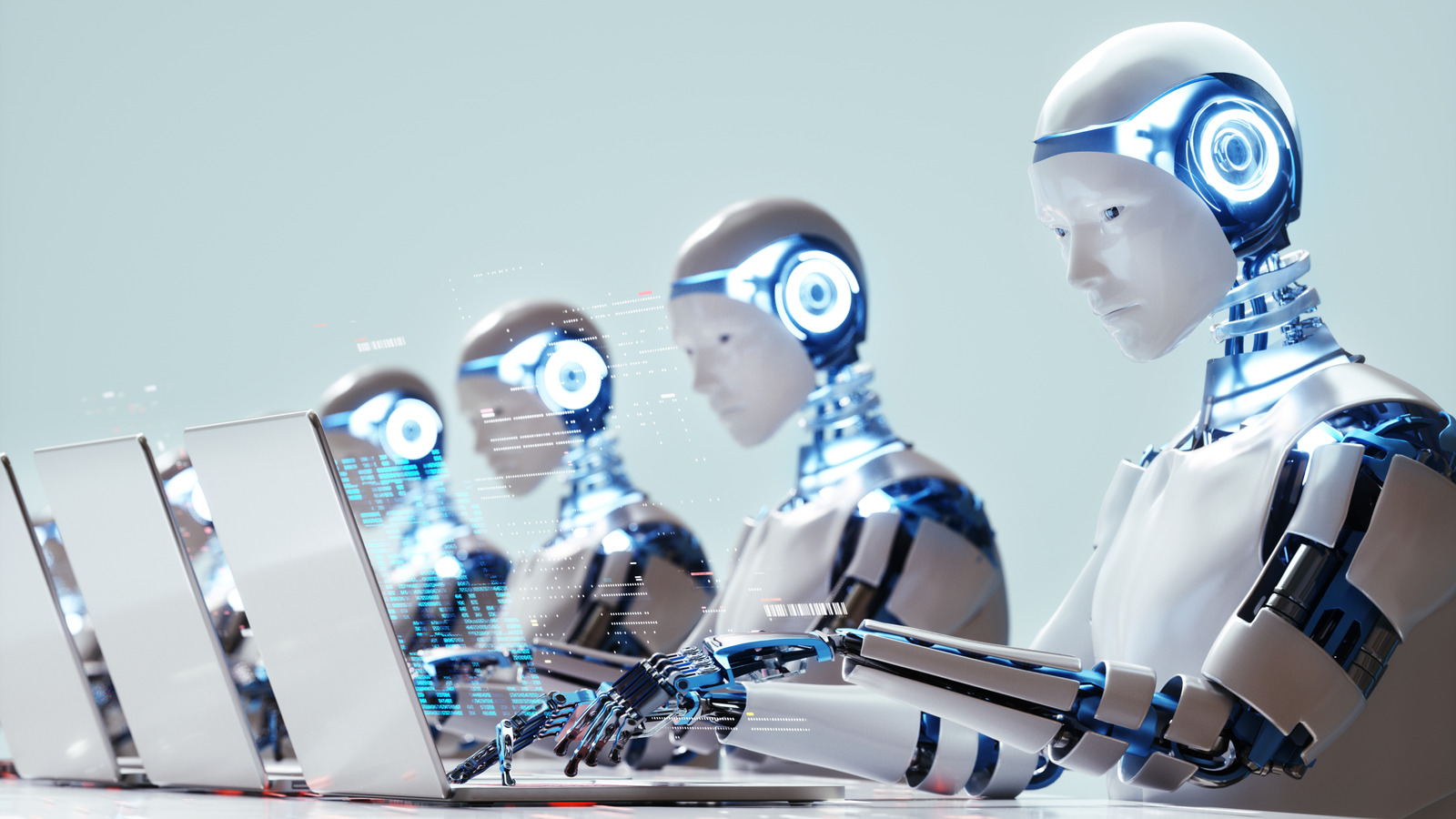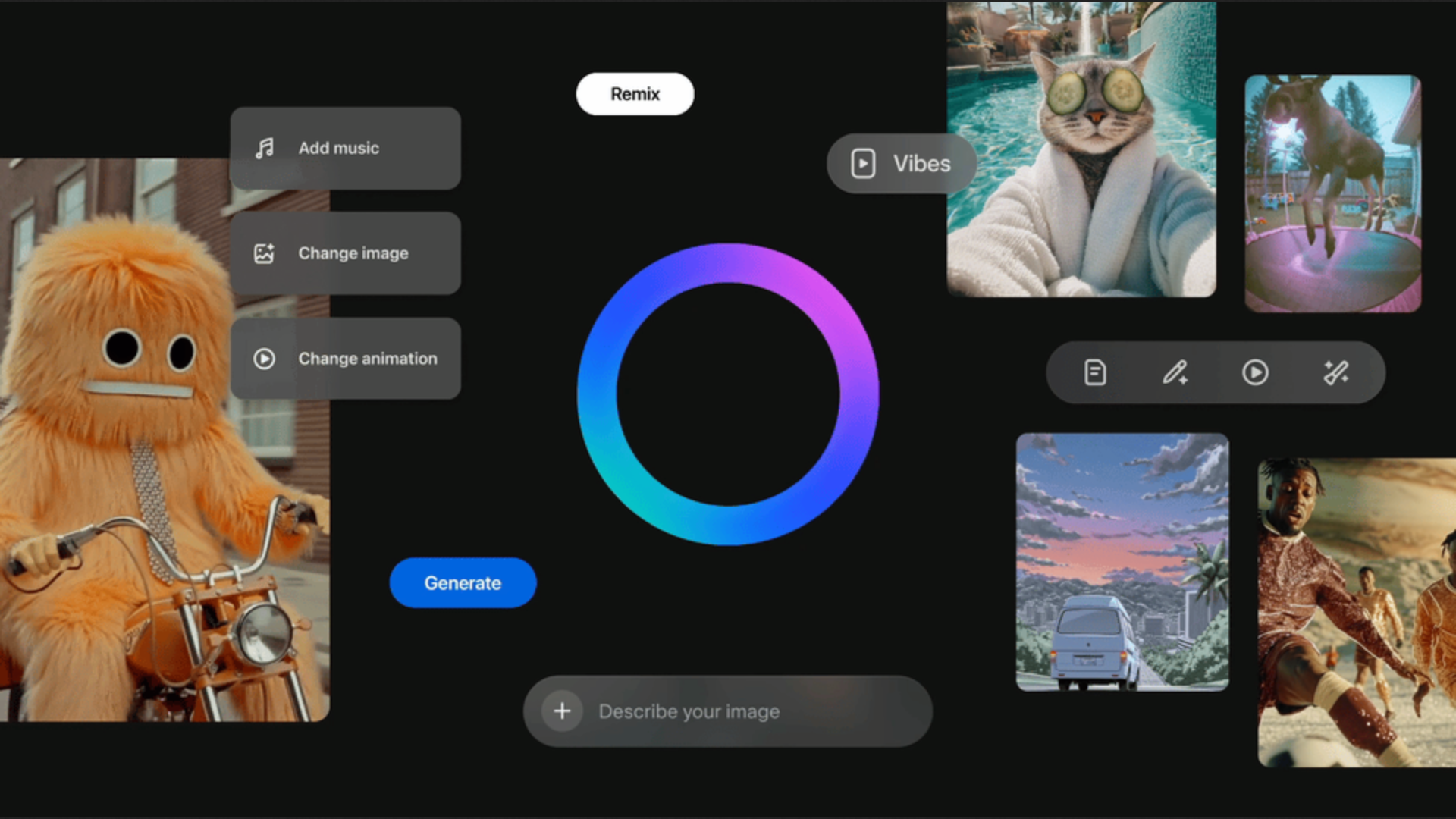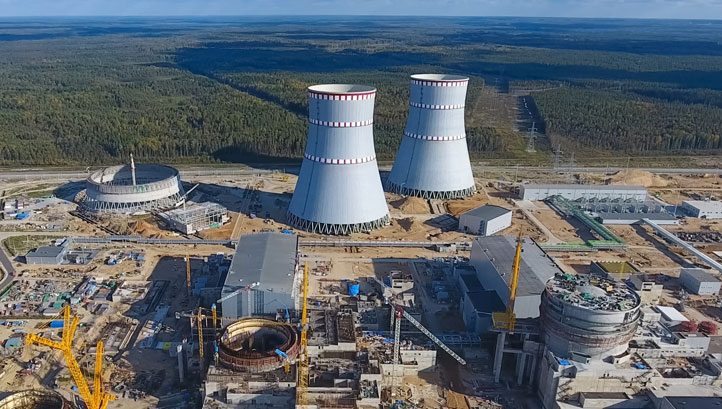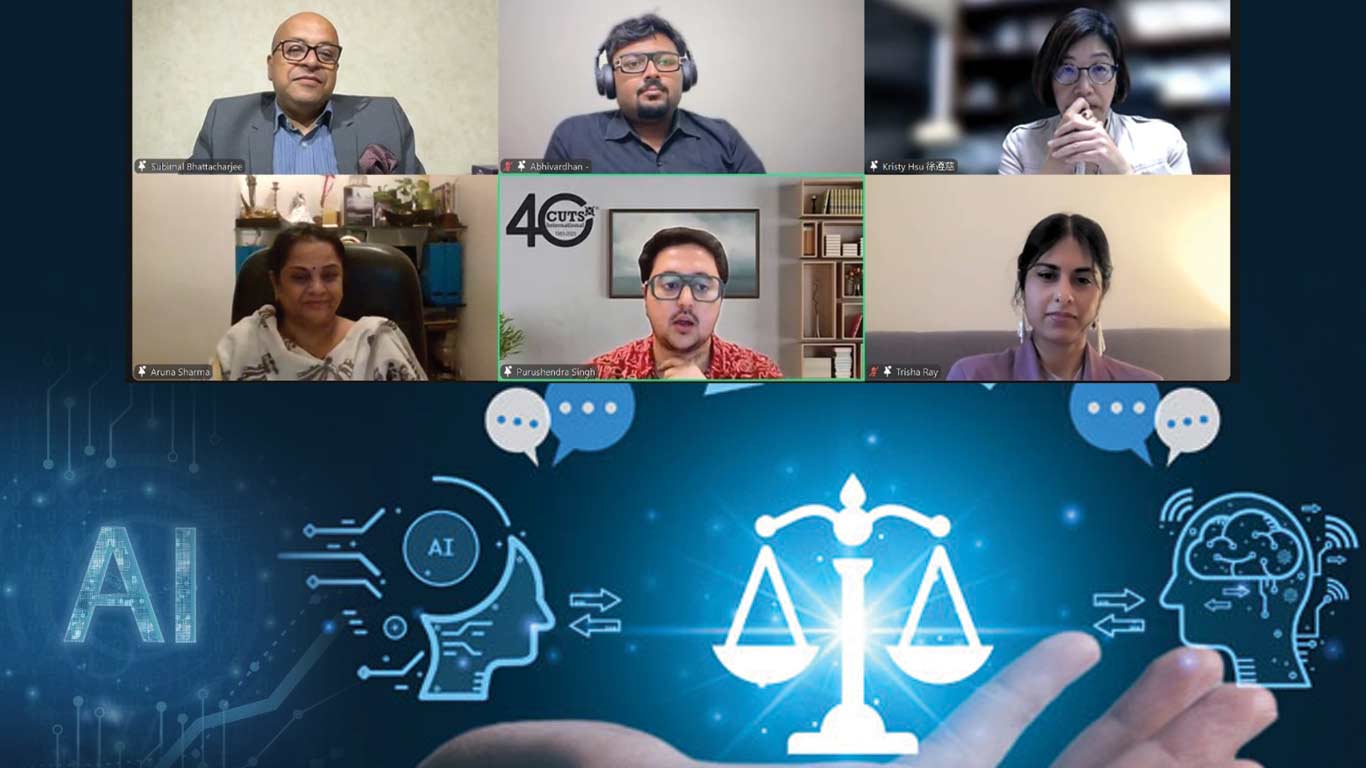
Artificial Intelligence (AI) is no longer confined to science fiction or research labs. It’s everywhere, and it’s becoming a driving force in the workplace. Routine tasks are being automated, and complex decision-making is getting AI assistance. In fact, AI is reshaping industries at an unprecedented pace. For workers and businesses, this shift raises an urgent question: what does job security look like in the age of AI? The answer is not as simple as fearing replacement by machines. Instead, it lies in learning how to adapt, collaborate, and innovate alongside AI.
This transformation is already visible in many sectors of the job market. Some roles heavily dependent on repetitive tasks are gradually being replaced. However, many other jobs are evolving as AI enhances productivity and opens opportunities for greater creativity and problem-solving. At the same time, entirely new categories of employment are emerging, such as AI ethics advisors or prompt engineers. These jobs didn’t exist just a few years ago. It’s up to both individual workers and companies to rethink and invest in new workforce strategies. Understanding how AI is reshaping work is no longer optional. It’s the key to securing careers and sustaining growth in the future where AI may become the very foundation of job security. Let’s discuss how AI is currently impacting the job market and explore strategies for securing employment in the age of AI.
The impact of AI on today’s job market is evident. AI tools are becoming more capable and widespread, and the roles that rely on repetitive, rules-based tasks are especially under pressure. Jobs in data entry, bookkeeping, manual quality checks, and routine administrative work are being redesigned with automation in mind. That means that entire functions may be restructured or even eliminated in certain sectors. Unless the employees evolve, they may lose their current jobs. That said, in parallel with job displacement, AI is enhancing many roles by offloading menial chores and enabling professionals to focus on higher-level work. Strategy, creative problem-solving, and relationship-building flourish. For instance, an analyst might spend less time cleaning data and more time interpreting trends. They now have smart tools to help them pre-process and flag patterns in the workload.
AI is also a powerful generator of new roles and even whole job categories that didn’t exist just a few years ago. According to industry projections, AI-driven growth could generate 20 to 50 million new jobs globally by 2030. Some of the new positions will demand hybrid skills such as technical acumen, domain knowledge, and capacity for adaptation. New fields are rising every day, from AI system training and human-machine teaming management to AI ethics and policy oversight.
However, the transition won’t be painless or evenly distributed. Job displacement will affect people and industries differently. Certain low-skilled and routine-intensive positions face a higher risk, while sectors like healthcare and education may see a net growth. The shift also raises concerns about inequality, as those who can’t access AI training or lack resources may be left behind. AI is transforming the job market, and both individuals and organizations must recognize the change.
As AI becomes more embedded in the workplace, humanity needs to start thinking about how people and organizations can adapt to secure their futures. For individuals, the key is in embracing lifelong learning and developing a mix of technological and human-centered skills. Technical literacy will be increasingly valuable, especially if focused on AI concepts. But just as critical are uniquely human strengths such as creativity, problem-solving, and emotional intelligence. A study shows that two humans are more creative than one human with ChatGPT. These skills complement AI rather than compete with it. This way, professionals can thrive in hybrid roles where human insight and machine efficiency intersect.
Businesses, on the other hand, should view AI not as a tool for cutting costs, but as a catalyst for growth and innovation. This means investing in employee training, creating pathways for reskilling, and fostering a culture that values adaptability. Organizations that encourage their workforce to evolve alongside AI and not against it, will be more likely to retain talent but also gain a competitive edge. Ultimately, job security in the AI era will be shaped by proactive choices made by both workers and companies. Individuals who commit to growth and businesses that prioritize people as much as technology will be the ones best positioned to succeed. In the future of work culture, security will not be in resisting AI, but in learning to work with it.



